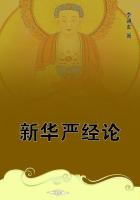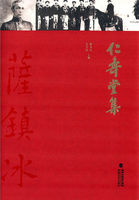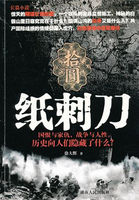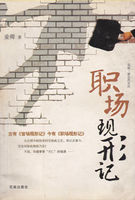What caused this irrevocable breach was a bill introduced into the House by Ethelbert Barksdale of Mississippi, an old friend of President Davis. This bill would have invested the President with authority to suspend the privilege of the writ of habeas corpus in any part of the Confederacy, whenever in his judgment such suspension was desirable. The first act suspending the privilege of habeas corpus had long since expired and applied only to such regions as were threatened with invasion. It had served usefully under martial law in cleansing Richmond of its rogues, and also had been in force at Charleston. The Mercury had approved it and had exhorted its readers to take the matter sensibly as an inevitable detail of war. Between that act and the act now proposed the Mercury saw no similarity. Upon the merits of the question it fought a furious journalistic duel with the Enquirer, the government organ at Richmond, which insisted that President Davis would not abuse his power. The Mercury replied that if he "were a second Washington, or an angel upon earth, the degradation such a surrender of our rights implies would still be abhorrent to every freeman." In retort the Enquirer pointed out that a similar law had been enacted by another Congress with no bad results. And in point of fact the Enquirer was right, for in October, 1862, after the expiration of the first act suspending the privilege of the writ of habeas corpus, Congress passed a second giving to the President the immense power which was now claimed for him again. This second act was in force several months. Then the Mercury made the astounding declaration that it had never heard of the second act, and thereupon proceeded to attack the secrecy of the Administration with renewed vigor.
On this issue of reviving the expired second Habeas Corpus Act, a battle royal was fought in the Confederate Congress. The forces of the Administration defended the new measure on the ground that various regions were openly seditious and that conscription could not be enforced without it. This argument gave a new text for the cry of "despotism." The congressional leader of the opposition was Henry S. Foote, once the rival of Davis in Mississippi and now a citizen of Tennessee. Fierce, vindictive, sometimes convincing, always shrewd, he was a powerful leader of the rough and ready, buccaneering sort. Under his guidance the debate was diverted into a rancorous discussion of the conduct of the general's in the execution of martial law. Foote pulled out all the stops in the organ of political rhetoric and went in for a chant royal of righteous indignation. The main object of this attack was General Hindman and his doings in Arkansas. Those were still the days of pamphleteering. Though General Albert Pike had written a severe pamphlet condemning Hindman, to this pamphlet the Confederate Government had shut its eyes. Foote, however, flourished it in the face of the House. He thundered forth his belief that Hindman was worse even than the man most detested in the South, than "beast Butler himself, for the latter is only charged with persecuting and oppressing the avowed enemies of his Government, while Hindman, if guilty as charged, has practised cruelties unnumbered" on his people. Other representatives spoke in the same vein. Baldwin of Virginia told harrowing tales of martial law in that State. Barksdale attempted to retaliate, sarcastically reminding him of a recent scene of riot and disorder which proved that martial law, in any effective form, did not exist in Virginia. He alluded to a riot, ostensibly for bread, in which an Amazonian woman had led a mob to the pillaging of the Richmond jewelry shops, a riot which Davis himself had quelled by meeting the rioters and threatening to fire upon them.
But sarcasm proved powerless against Foote. His climax was a lurid tale of a soldier who while marching past his own house heard that his wife was dying, who left the ranks for a last word with her, and who on rejoining the command, "hoping to get permission to bury her," was shot as a deserter. And there was no one on the Government benches to anticipate Kipling and cry out "flat art!" Resolutions condemning martial law were passed by a vote of 45 to 27.
Two weeks later the Mercury preached a burial sermon over the Barksdale Bill, which had now been rejected by the House.
Congress was about to adjourn, and before it reassembled elections for the next House would be held. "The measure is dead for the present," said the Mercury, "but power is ever restive and prone to accumulate power; and if the war continues, other efforts will doubtless be made to make the President a Dictator.
Let the people keep their eyes steadily fixed on their representatives with respect to this vital matter; and should the effort again be made to suspend the Habeas Corpus Act, demand that a recorded vote should show those who shall strike down their liberties."














